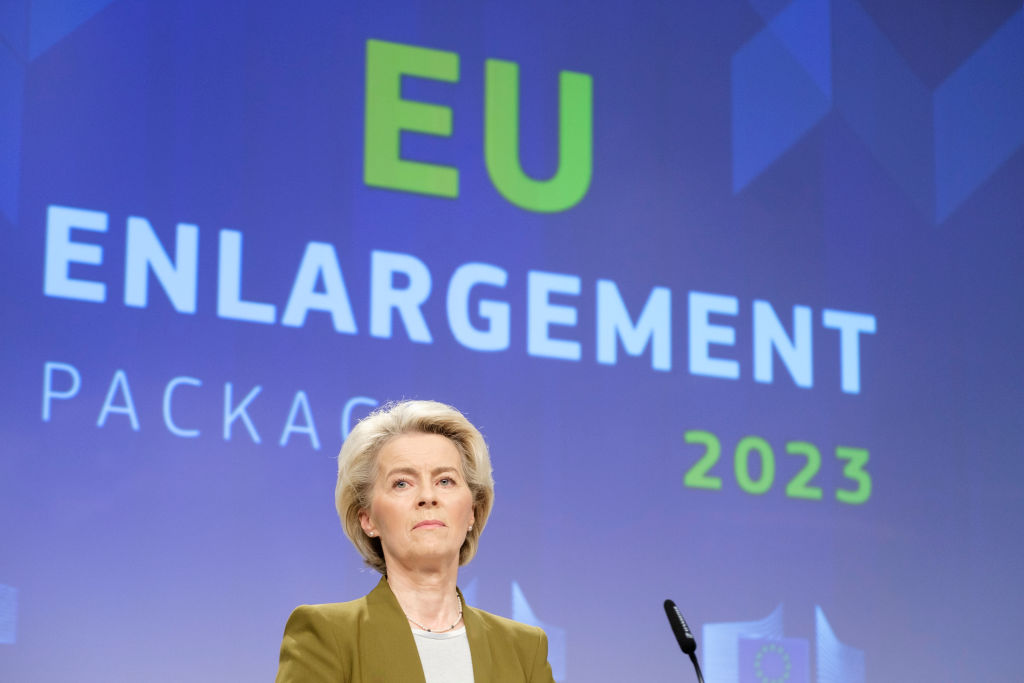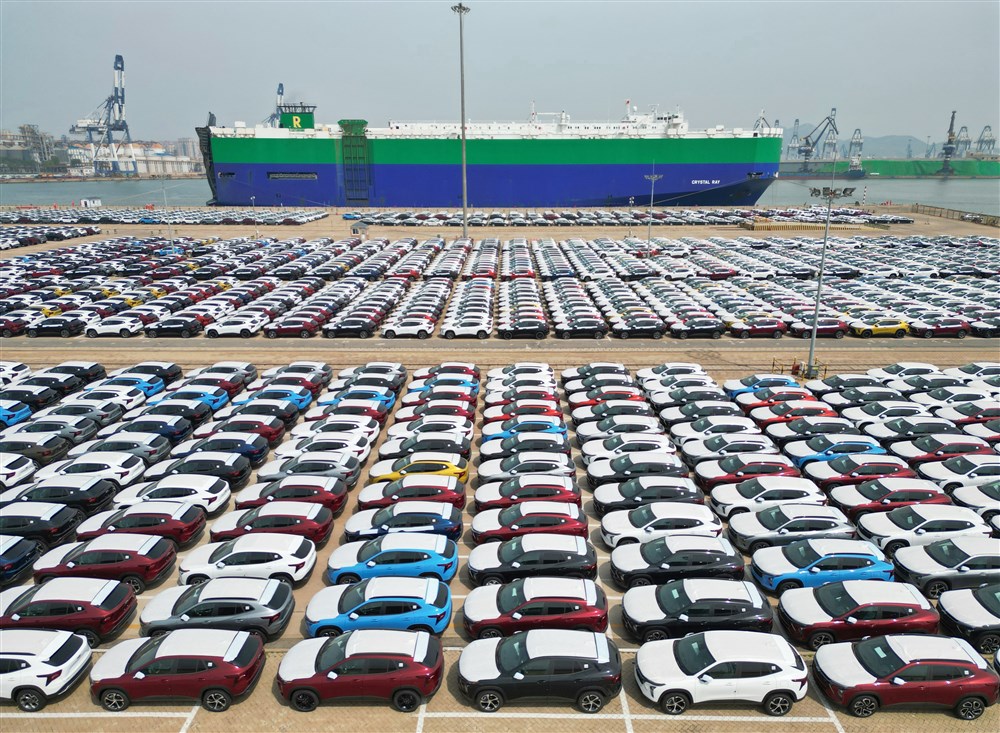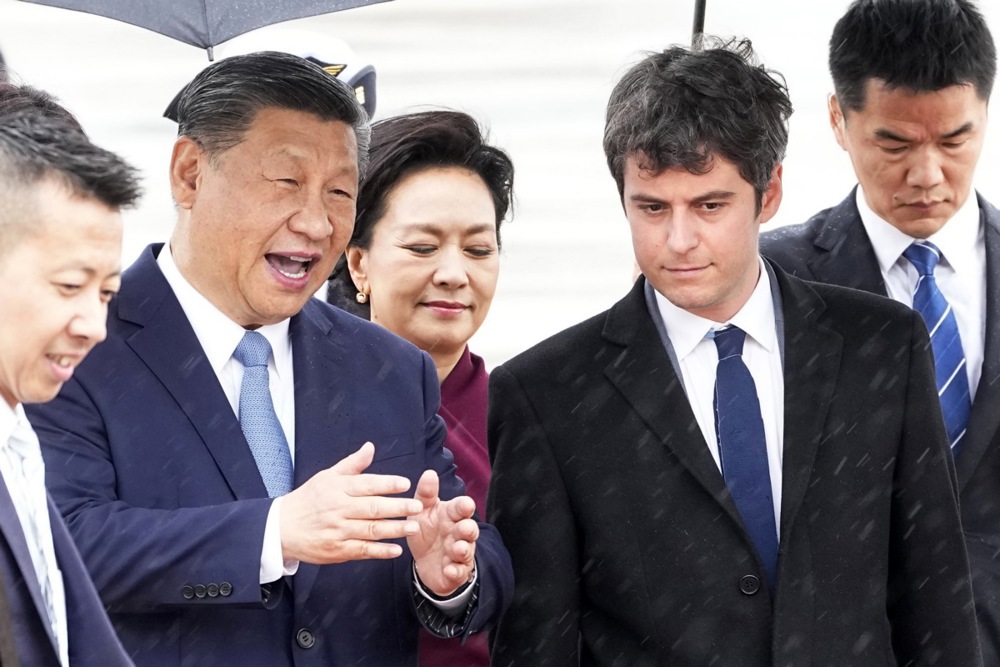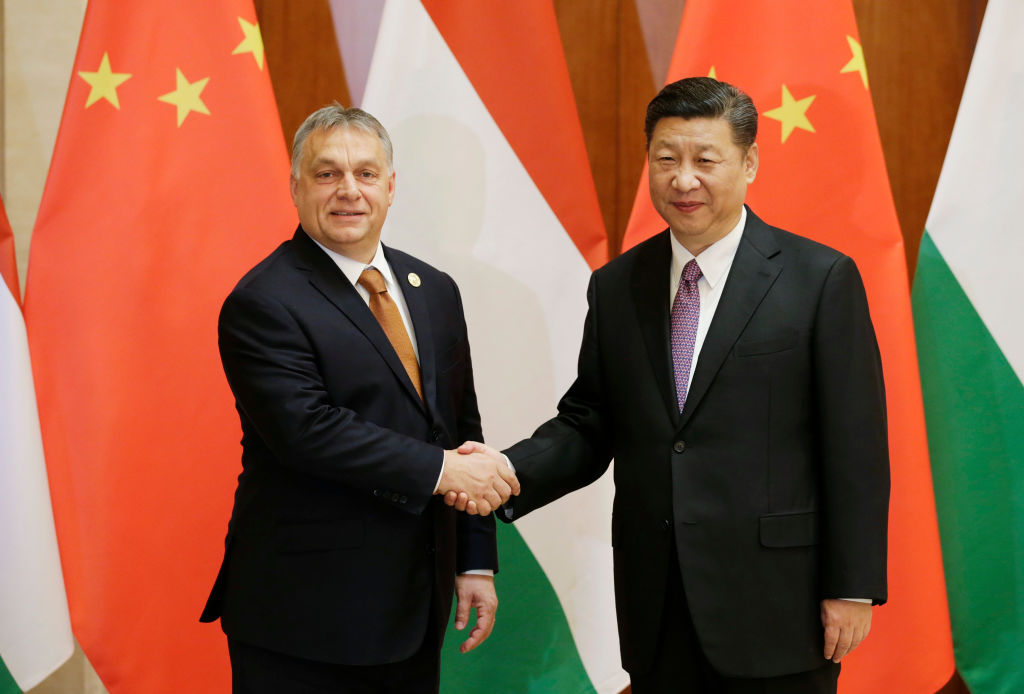China has signed a new “all-weather” strategic partnership with Hungary amid worsening relations with the European Union.
President Xi Jinping was in Budapest to sign the deal following a frosty meeting with European Commission President Ursula von der Leyen, during which she is said to have berated the Chinese leader over the country’s trade strategy.
In a press statement following the meeting, von der Leyen accused the Chinese Government of “flooding the European market” with goods before claiming to have “encouraged” Xi to “address” what she saw as “structural” issues of Chinese “overproduction”.
She added that she also pressured the Chinese leader over the country’s stance on Ukraine, insisting that Beijing must “use all its influence on Russia” to end the war and that it needed to put “more effort” into stopping Chinese companies from exporting dual-use goods to Moscow.
Budapest was quick to distance itself from von der Leyen’s criticisms, saying it did not hold her view that Chinese imports were at “overcapacity”, instead opting to roll out the red carpet for the Chinese premier when he visited the country on May 9.
It was an honour to welcome President Xi Jinping during his state visit to Hungary. The cooperation between Hungary and China has reached new heights in the past 15 years. The world is a cloudy place, so thank God we now cherish an “all-weather comprehensive strategic partnership… pic.twitter.com/TSUBUvFTF1
— Orbán Viktor (@PM_ViktorOrban) May 9, 2024
China appears to have appreciated the gesture, with the two countries having signed a deal to tighten ties via projects such as the Belt and Road Initiative.
“From this new starting point, we will do what we can to enable our bilateral relations and practical co-operation to embark on a golden voyage toward greater goals so as to inject strong impetus into the development and prosperity of both countries,” Xi said during a joint press conference with Hungarian Prime Minister Viktor Orbán.
“We both believe that profound political mutual trust has laid a solid foundation for China-Hungary relations.
“We will strengthen dialogue and exchanges between our governments, legislatures and political parties, share governance experience, and firmly support each other’s core interests,” Xi concluded.
Ahead of his meeting with Hungarian Prime Minister Viktor Orbán as part of his current European tour, Chinese President Xi Jinping praised Hungary for its “independent” foreign policy. https://t.co/SdHtdHOlta
— Brussels Signal (@brusselssignal) May 8, 2024
Speaking to Brussels Signal, economist and author of The Reformation in Economics Philip Pilkington described the Hungary-China deal as a turning point for the EU that could see power shift away from Brussels.
“When President Xi went to Paris he received a pointless lecture about a war that is in a state of collapse from Ursula von der Leyen. When he went to Budapest he was greeted by a government willing to hammer out an ‘all-weather strategic partnership’ and 18 separate agreements, including a raft of infrastructure projects,” he said.
The Multipolarity podcast host added that von der Leyen’s failure to court Xi represented a strategic blunder on her part as the worldwide rules-based order comes under strain.
This has left Orbán, Brussels’ geopolitical rival, an open goal, he said.
“Europe’s diplomatic axis has clearly shifted from Brussels to Budapest – not due to Budapest’s relative importance, but due to Brussels’ severe competency crisis.”
The European Commission has launched an investigation into Chinese public procurement of medical devices, in the latest move to protect EU producers from what it says could be unfair competition. https://t.co/acRtvAjxnM
— Brussels Signal (@brusselssignal) April 24, 2024





